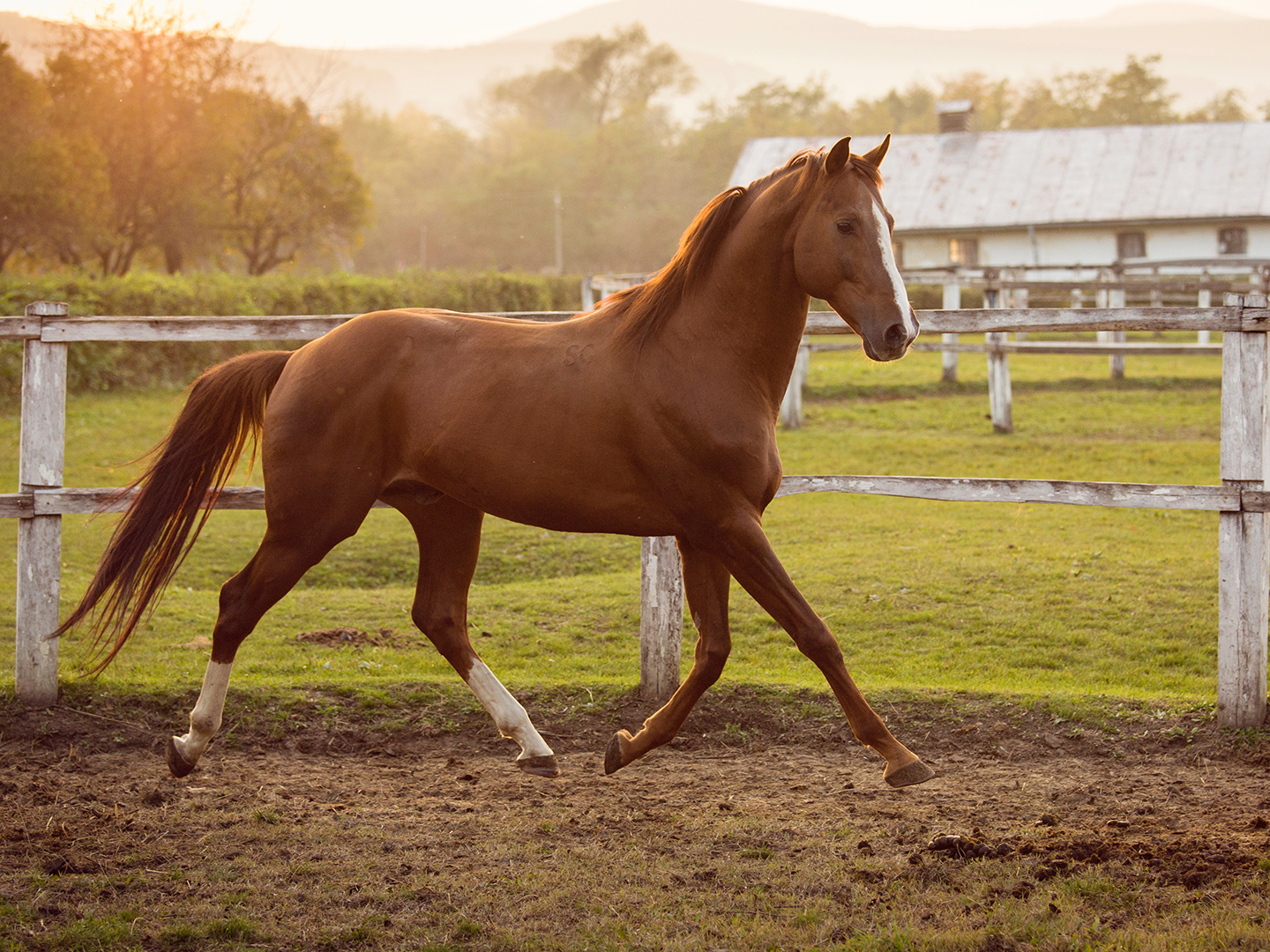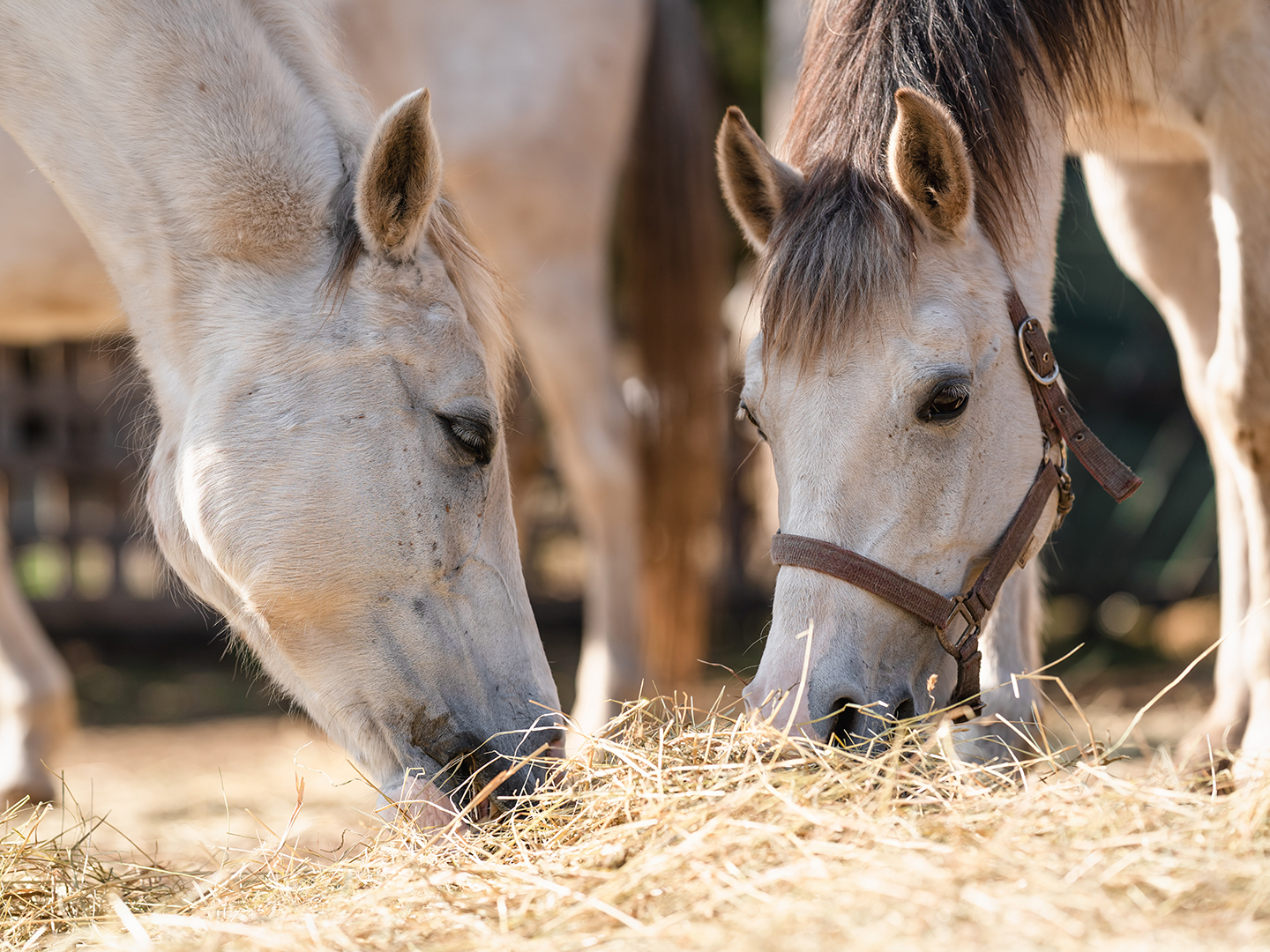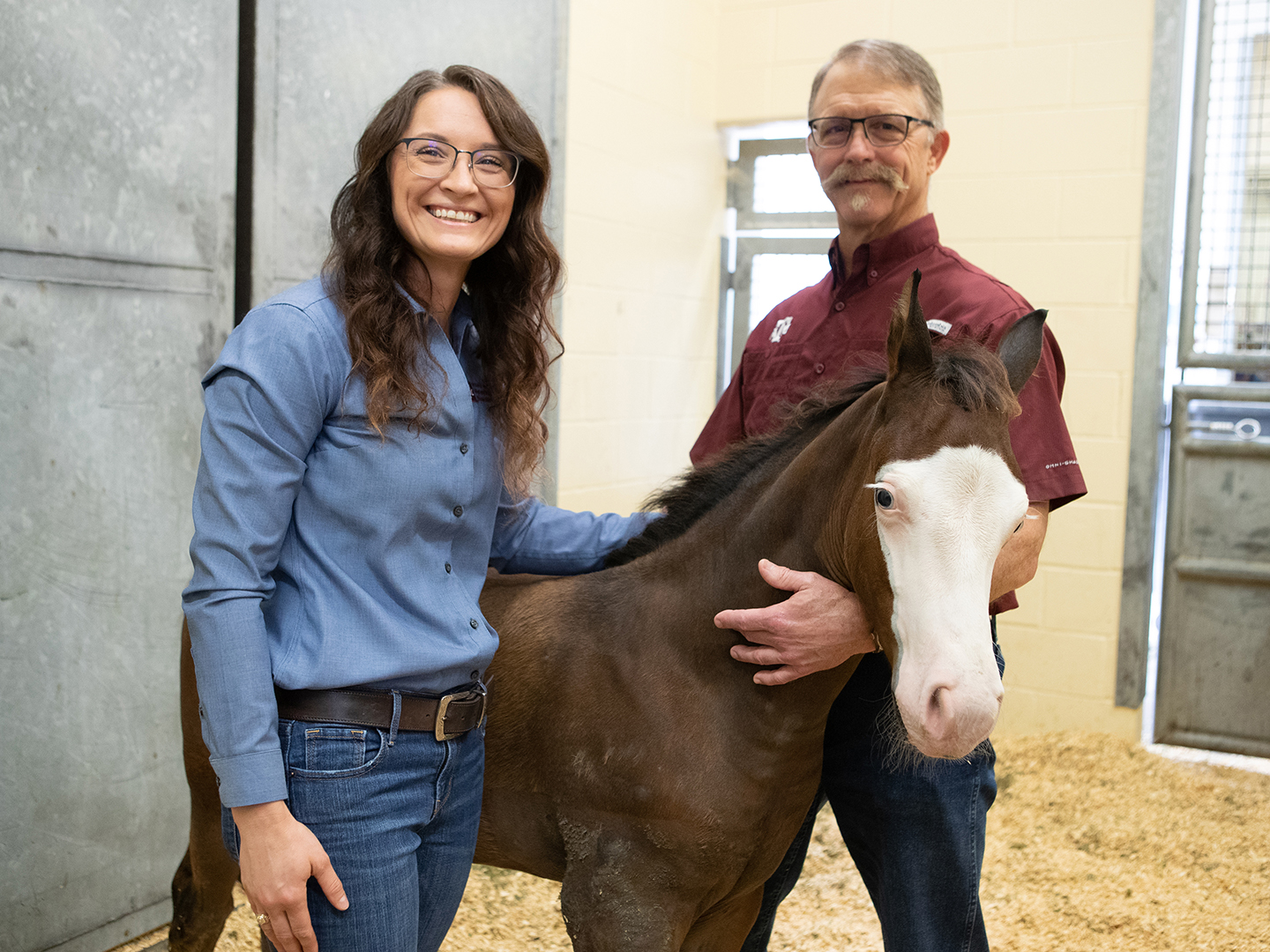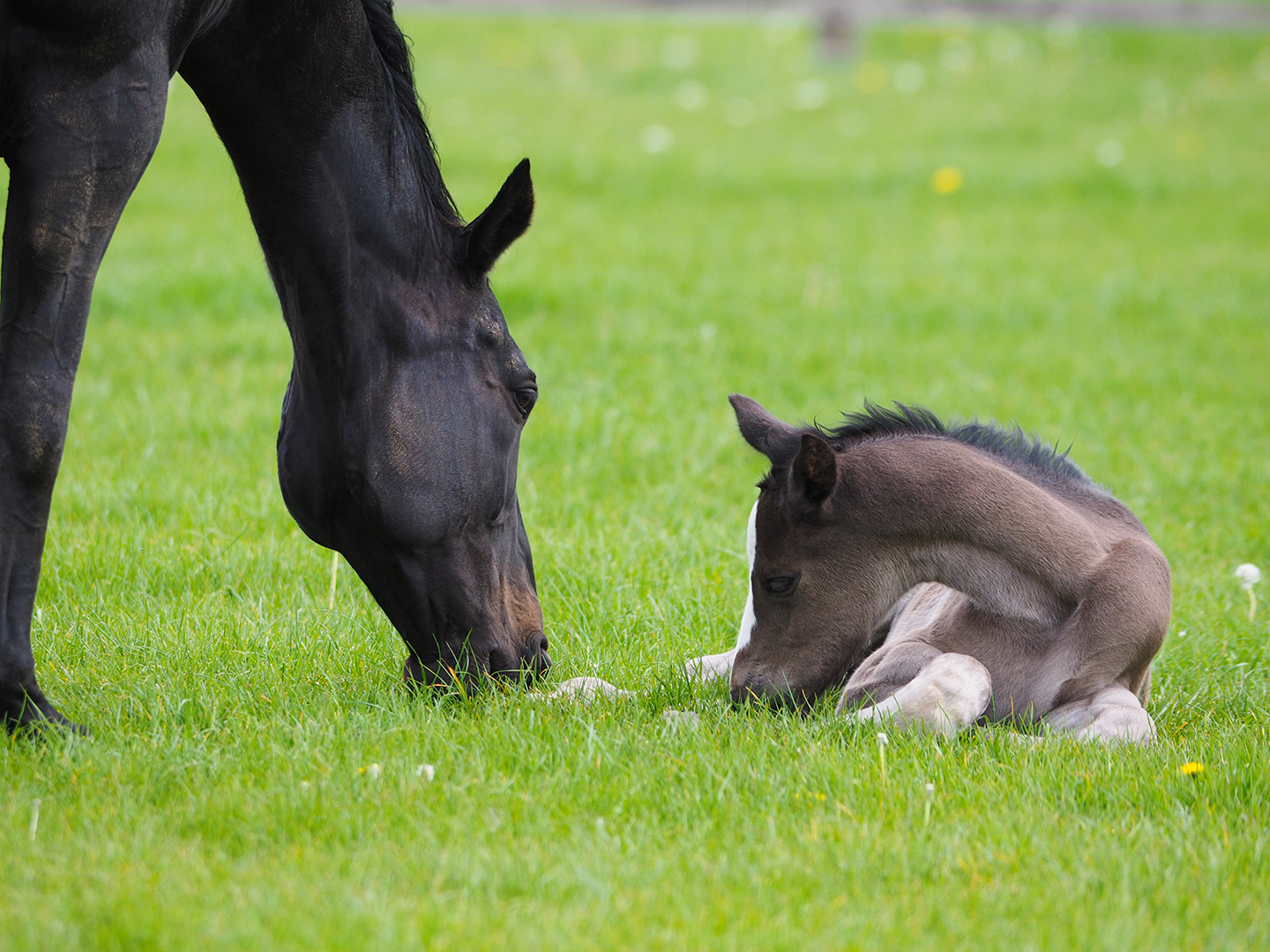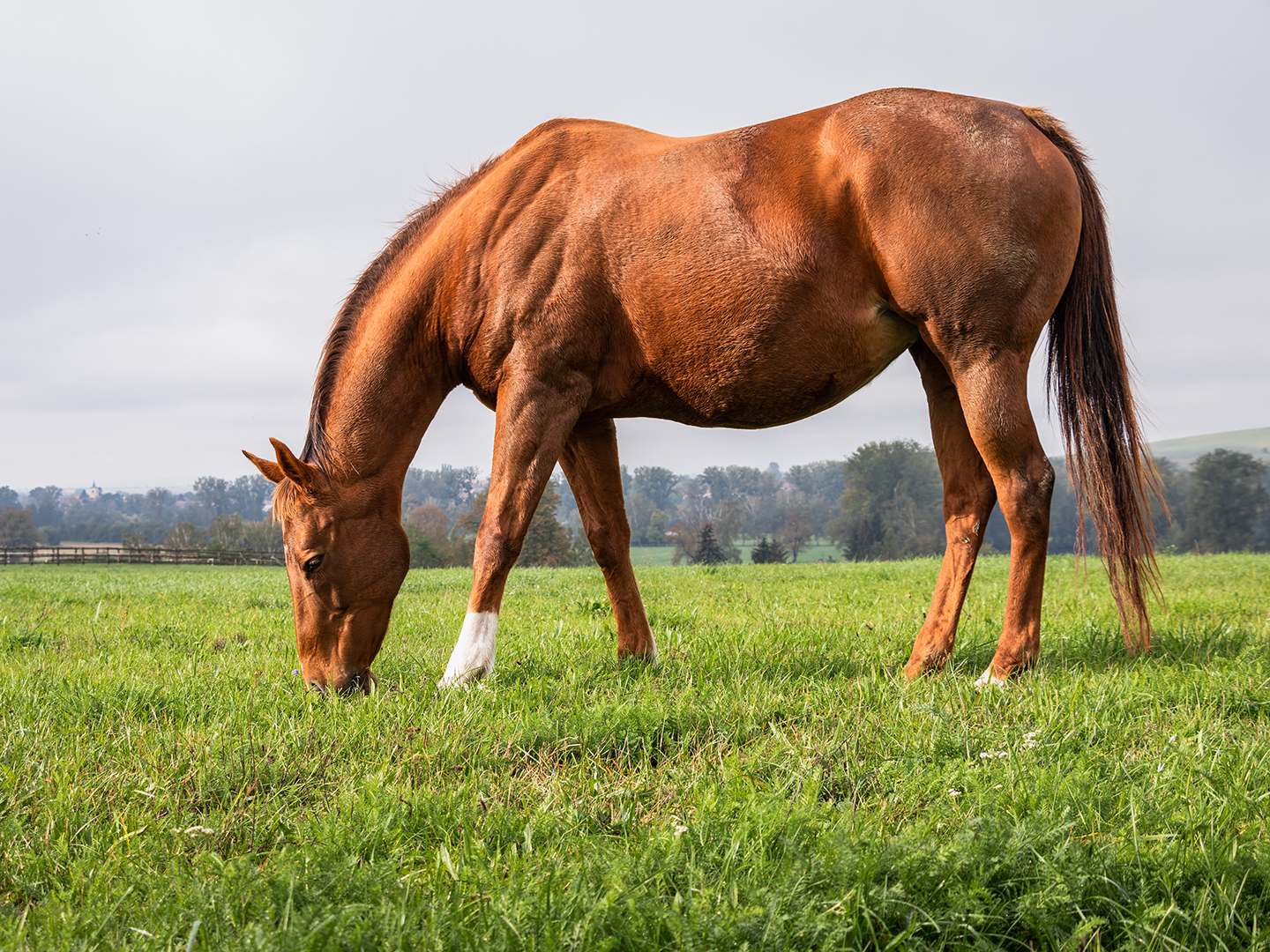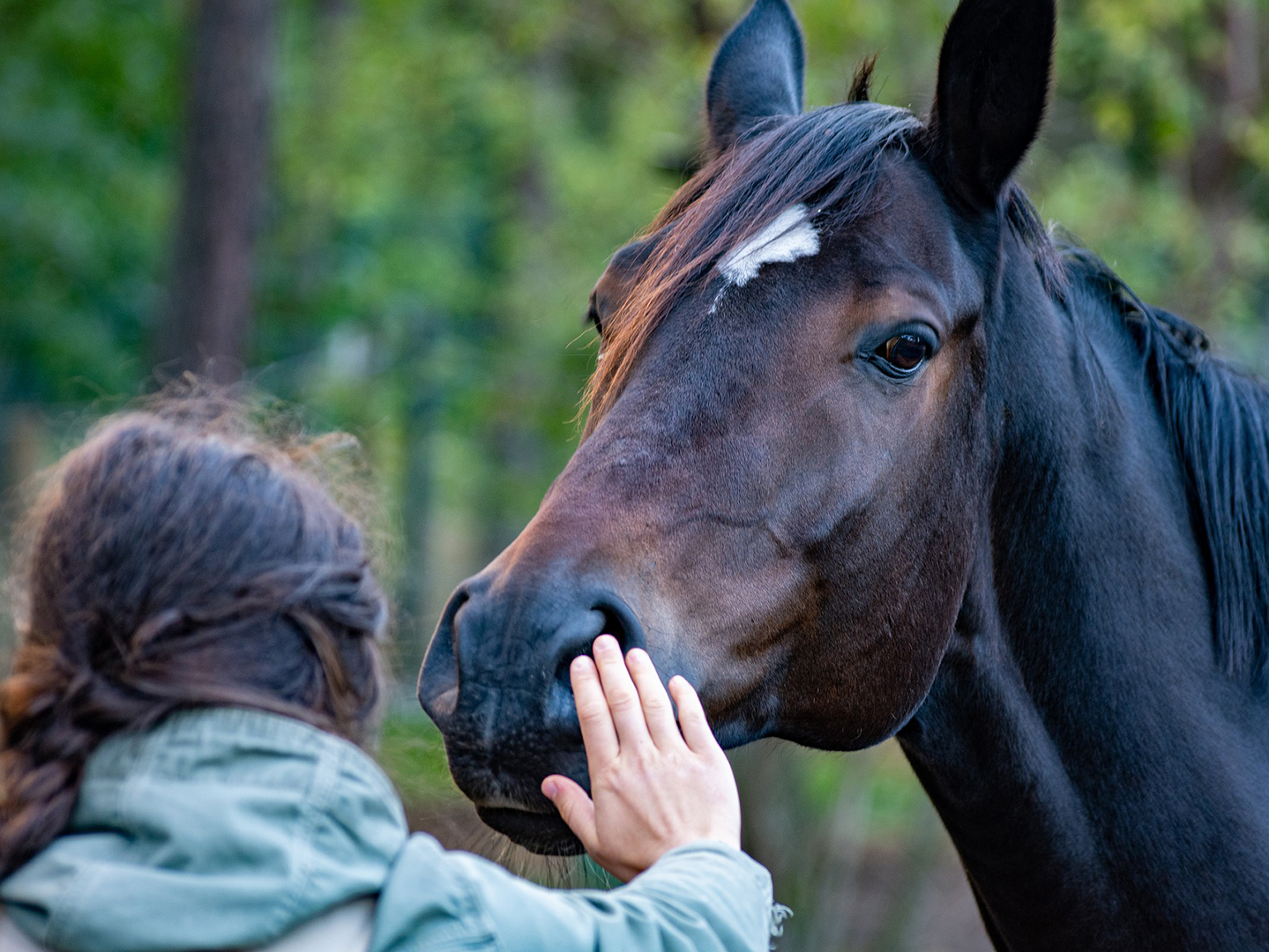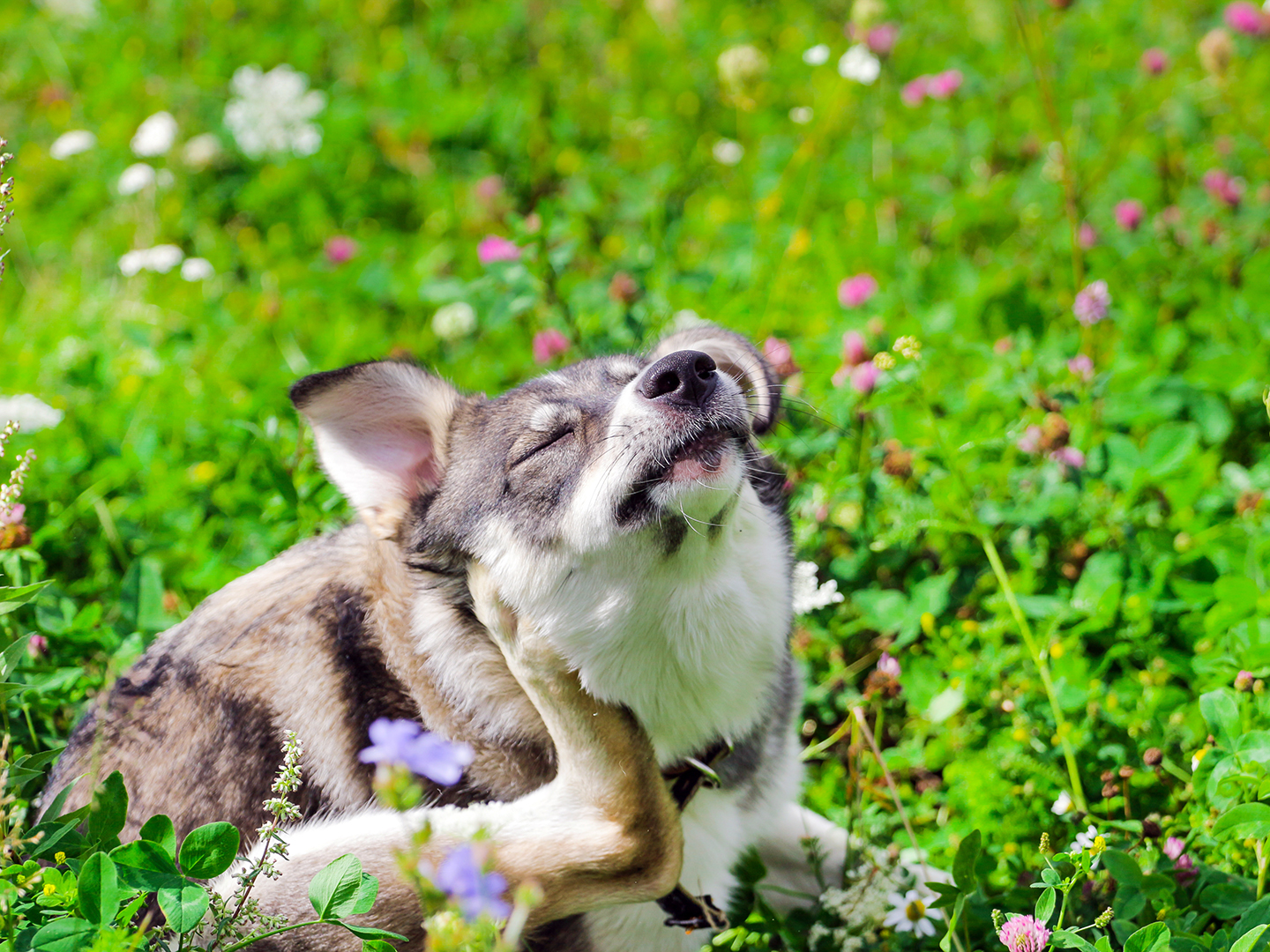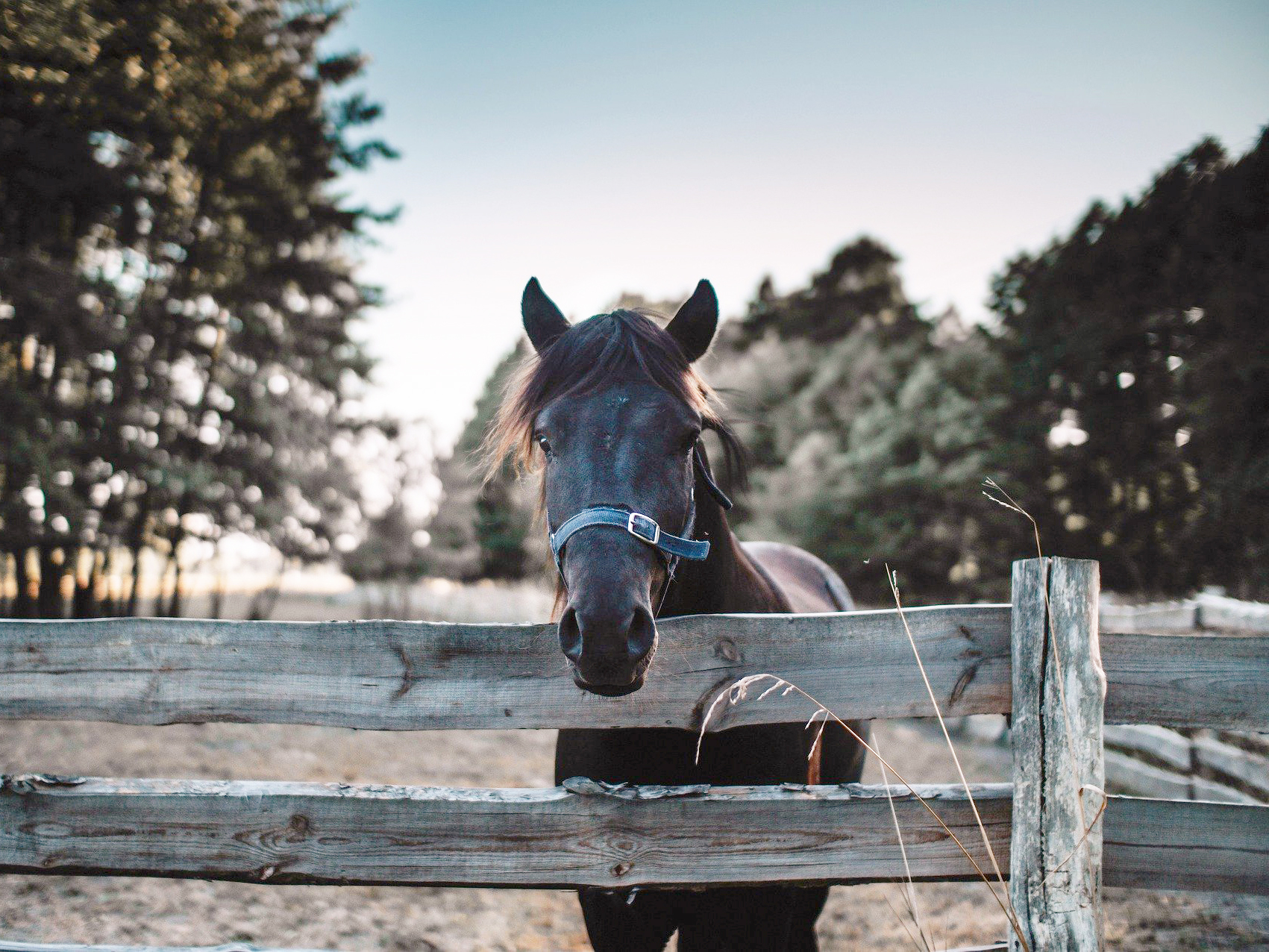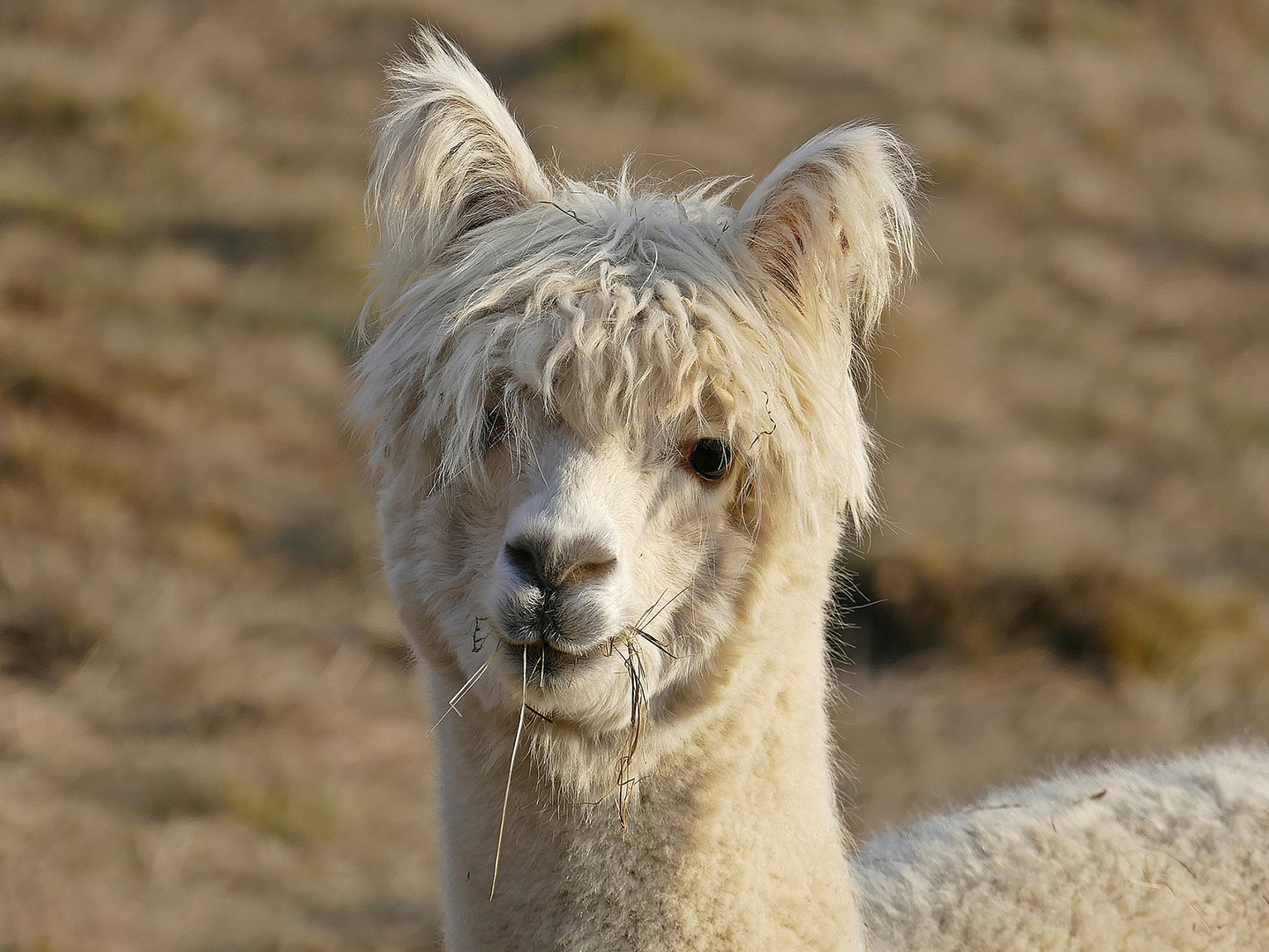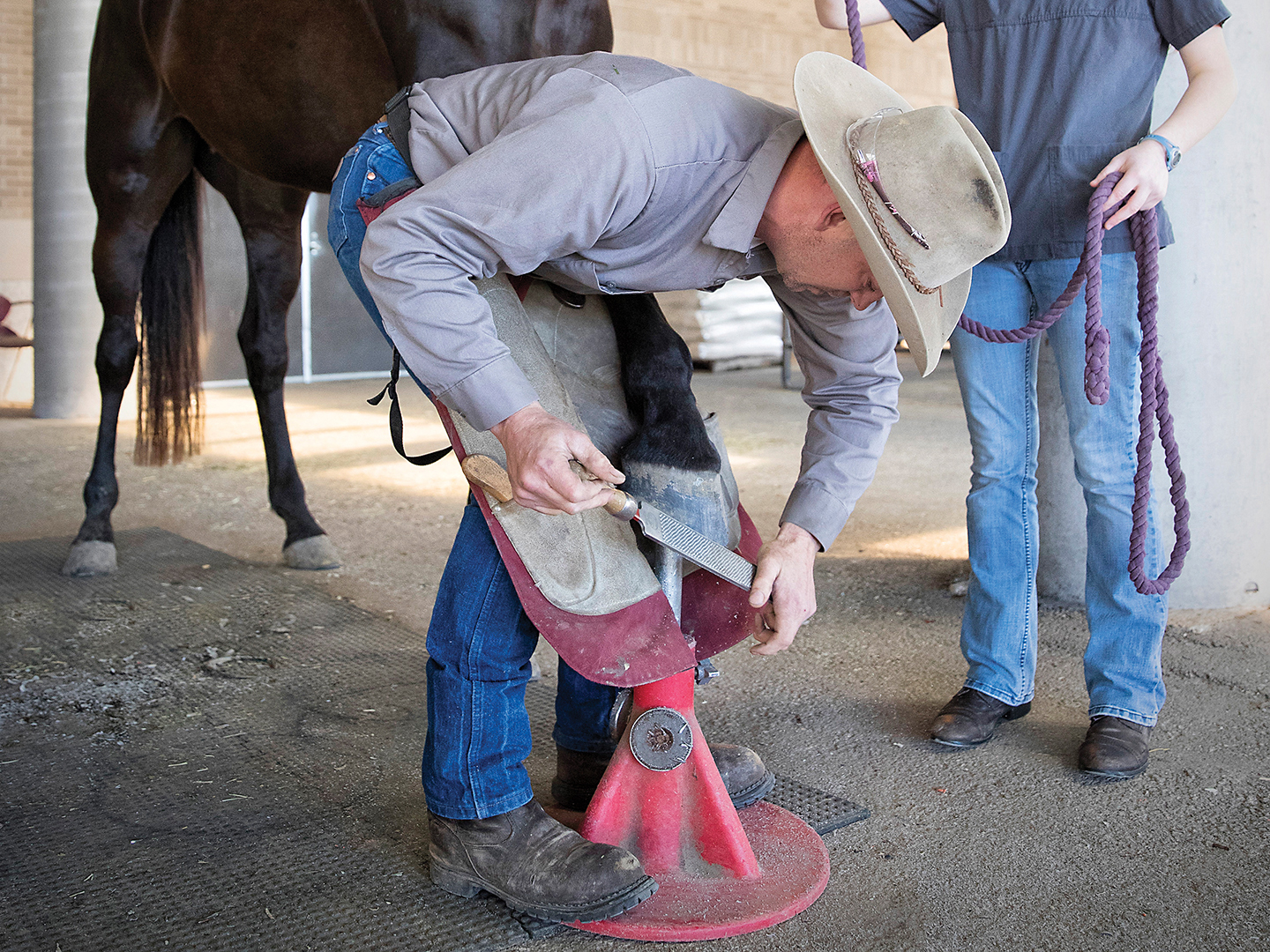Learning To Evaluate A Horse’s Health On Your Own
Horses are prone to accidents, so it is important for owners to know how to recognize changes in a horse’s health and determine when veterinary care is necessary. Dr. Amanda Trimble, a clinical assistant professor of equine internal medicine at the Texas A&M School of Veterinary Medicine & Biomedical Sciences, said working with a veterinarian […]
Steering Horses Away From Botulism
There’s nothing more satisfying than filling an empty stomach with food, but unknowingly serving or eating spoiled or contaminated food can cause health concerns. While humans may experience food poisoning as a result, horses can develop botulism, which is deadly. To keep horses healthy, Dr. Amanda Trimble, a clinical assistant professor of equine internal medicine […]
Texas A&M, Equine Reining Community Support Recovery Of Child’s Dream Foal
At 5 years old, many kids dream of owning a horse. Savannah Mize, however, only wanted one specific horse—the baby of her mare, Lady Bee Packin’, and the reining stallion Gunner Dun It Again, owned by Tripol Ranch. Growing up with a mother who worked in the performance horse industry, this was not an unusual […]
What To Expect When Your Horse Is Expecting
Witnessing the birth of an animal can be a beautiful experience, but it can also be stressful or even scary if things do not go as planned. While most animals can give birth with little to no human interference, it’s still important to be prepared and watch for signs that help is needed. Dr. Leslie […]
Handling Gastric Ulcers In Horses
Stomach ulcers are often associated with stress, but they can also be caused by a variety of factors, including diet and medications. For horses, Equine Gastric Ulcer Syndrome (EGUS) is a common condition that is often diagnosed without its true cause ever being known. Between 50-90% of horses will experience this condition at some point […]
The Steps For Conquering Colic In Horses
No one enjoys the queasy feeling of a stomach-ache, which can turn eating into a chore, while leaving most of us slightly, if not extremely, irritable. A horse dealing with colic is no stranger to these feelings or symptoms. Because learning how to spot when a horse is experiencing colic and when to call the […]
Scratching The Surface Of Atopic Dermatitis
For many people and pets, spring (aka “allergy season”) is a time of excessive sneezing, itching, and scratching. For some pets, however, their allergy season is never ending, lasting into summer, fall, and winter. Veterinary dermatologist Dr. Adam Patterson, a clinical associate professor at the Texas A&M College of Veterinary Medicine & Biomedical Sciences, discusses […]
Taking A Raincheck On Equine Rain Rot
While rain and drizzle can be good for crops and counting sheep at night, wet weather is also suitable for two less desirable things—fungi and bacteria. The spread of either type of organism can leave horses susceptible to developing rotten skin conditions, the most rotten and prevalent being rain rot. As in the calm before […]
Bad To The Bone: Fibrous Osteodystrophy In Large Animals
Horses, camels, llamas, and alpacas have more of a bone to pick with metabolic bone diseases—diseases associated with dietary deficiencies—than many owners realize. Fibrous osteodystrophy, in particular, can have serious consequences if not caught and treated early. Dr. Evelyn MacKay, a clinical assistant professor at the Texas A&M College of Veterinary Medicine & Biomedical Sciences […]
Taking The Right Steps: What To Know About Hoof Care
In the equine world, the saying “no hoof, no horse” is well-worn for a reason. A correct foot care regimen may be the key to keeping a horse happy and trotting, and having a good working relationship with a farrier is essential to solving and preventing common hoof problems. Jason Maki, a farrier at Texas […]

